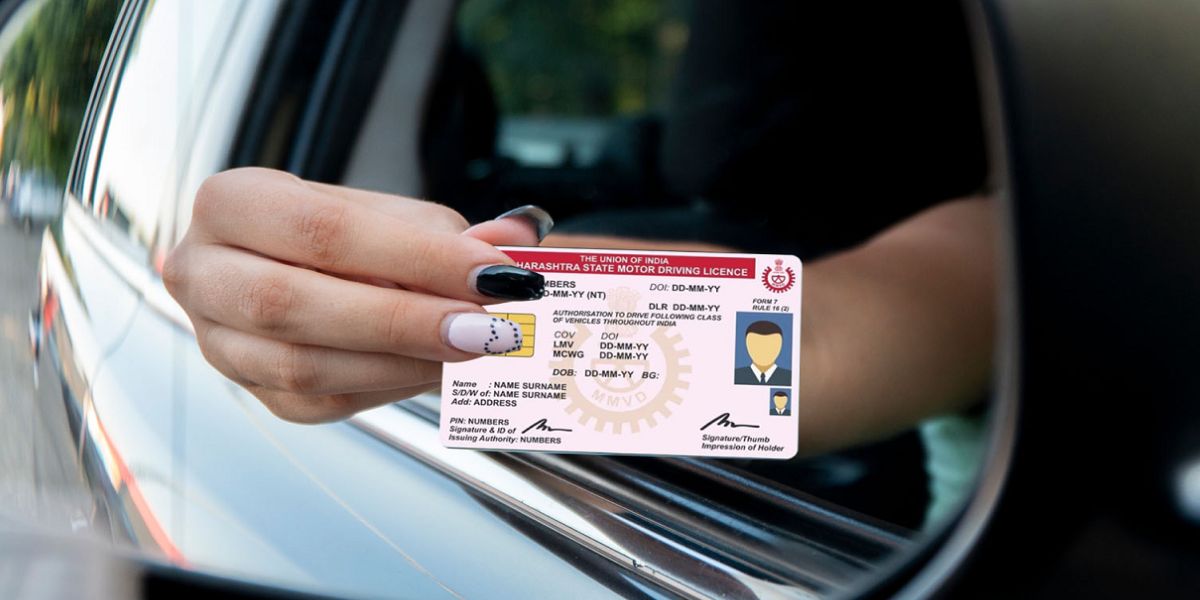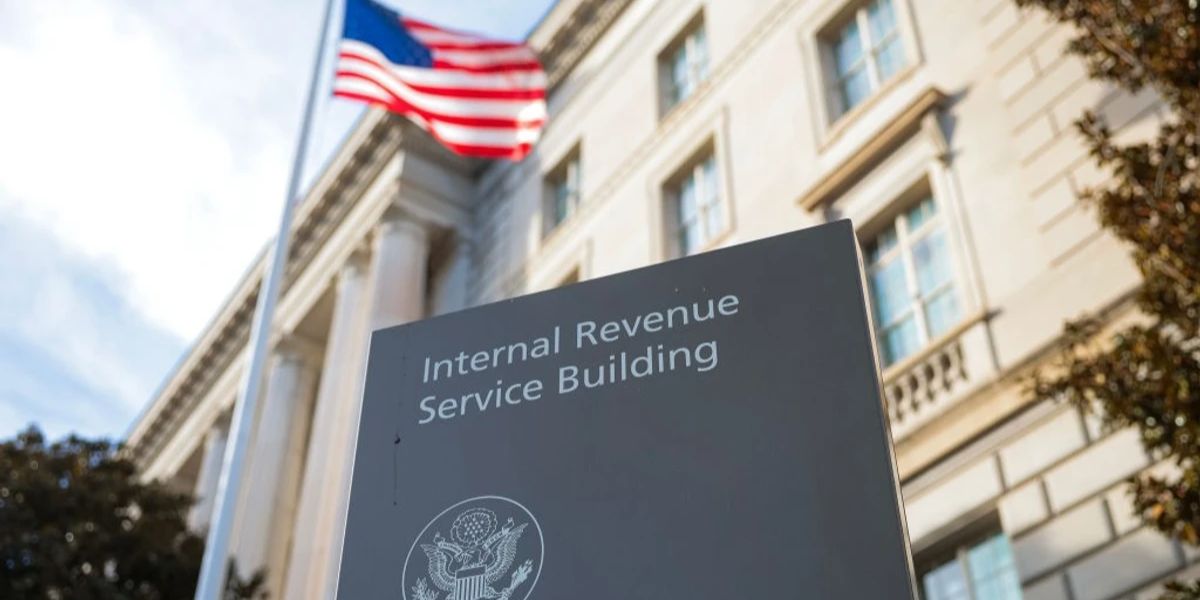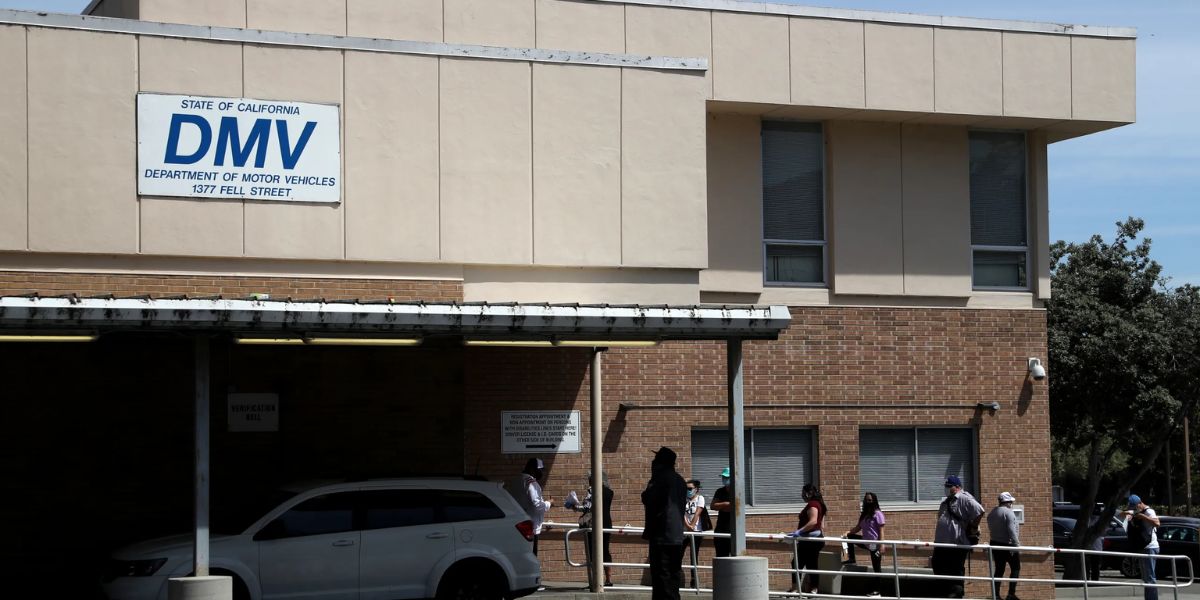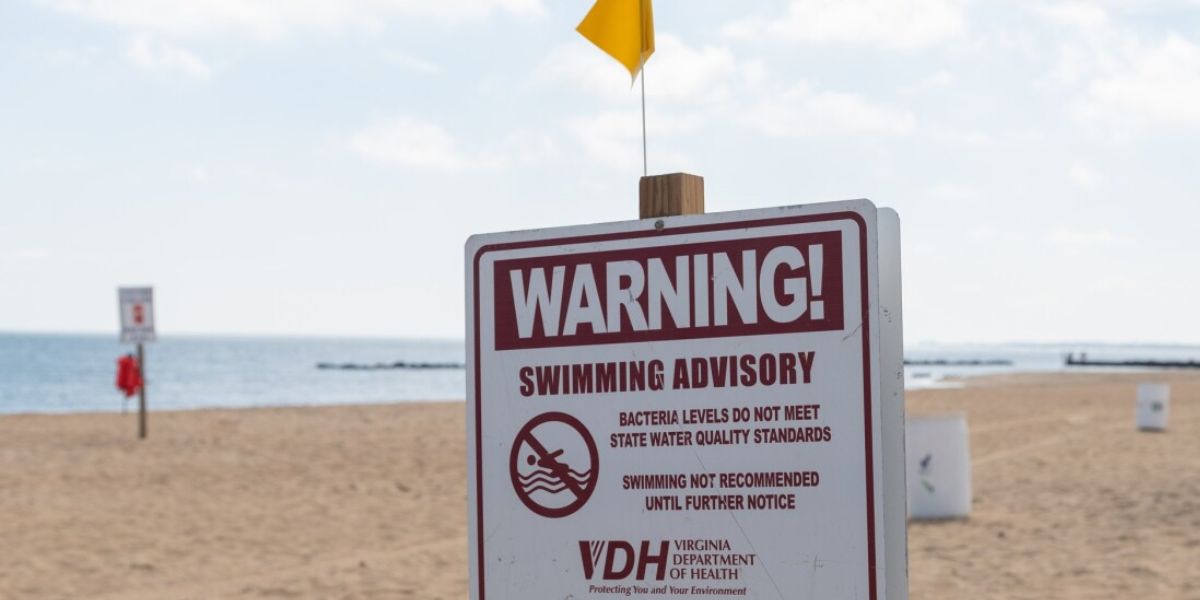As of July 1, acquiring a driver’s license in Florida is about to get much more challenging for teenagers.
New laws, including more stringent educational requirements for obtaining a learner’s permit, are set to take effect, and they are causing concern for many aspiring young drivers and their families.
Here’s a breakdown of what this new legislation means and how it will impact teen drivers.
What’s New with Florida’s Driver’s License Law?
Under the newly passed Senate Bill 994, teenagers aged 15 to 17 will now be required to complete a classroom-based driver’s education course before they can obtain their learner’s license.
This is a significant change from previous laws, which only required teens to complete a Traffic Law and Substance Abuse Education (TLSAE) course.
Senator Jay Collins, a key supporter of this law, believes it will help make Florida’s roads safer by ensuring young drivers are better educated about the dangers they might face.
Proponents of the law argue that classroom-based instruction provides a more thorough understanding of safe driving practices, compared to the previous online courses that only covered the basics.
Why Are Teenagers Concerned About the Law?
While the law aims to promote safety, it has raised concerns among teenagers, particularly those from rural or low-income backgrounds. Access to classroom-based driver’s education may not be as accessible as the online TLSAE course.
In-person classes, which are now a requirement, may be difficult for some families to afford. The added cost of classroom sessions, especially for those in districts where classes are not readily available, could be a significant burden.
Additionally, in some areas, classroom spots may be limited, meaning that teens might have to wait to start their education. This could delay the process of getting a learner’s permit and, in turn, a full driver’s license.
Families with budget constraints are now facing added expenses they hadn’t anticipated before the new law, further complicating the process of obtaining a driver’s license.
Read Also: DeSantis Has Now Announced New Massive Layoffs in Florida
The Process to Get a Driver’s License in Florida
To get a driver’s license in Florida, teenagers must go through the following steps as outlined by the Florida Highway Safety and Motor Vehicles (FLHSMV).
At Age 15:
- Teens must complete a FLHSMV-approved classroom educational course.
- They will need to pass a hearing and vision test, as well as the Class E Knowledge Exam, which consists of 50 questions with an 80% passing rate.
- Documentation required includes their Social Security number, proof of identity and residency, and parental consent forms.
After Obtaining a Learner’s Permit:
- Teens must complete 50 hours of supervised driving lessons, including a minimum of 10 hours of nighttime driving.
- The learner’s license must be held for a year before applying for a full driver’s license, which can only happen once the teen reaches 16 years old.
Driving Restrictions:
- Teen drivers are still subject to restrictions, such as needing an adult with a valid license when driving during certain hours.
These steps ensure that young drivers have adequate experience before becoming fully licensed. However, the process has now been extended, making it harder for teens to gain their independence and for families to bear the costs involved.
Impact of the New Law: What Happens Now?
Now that Senate Bill 994 has passed, it is important for families to take action. Teenagers and their parents must consult with school districts or driver’s education providers to understand how these changes will affect their ability to obtain a driver’s license.
The law effectively lengthens the wait time for a teen to become fully licensed, but supporters hope that this extended process will produce more responsible young drivers in Florida.
As Florida continues to focus on road safety, the new law aims to ensure that young drivers are well-prepared for the challenges of driving, but it also introduces financial and logistical hurdles for some families.
The hope is that these extra measures will ultimately lead to safer roads and better decision-making among Florida’s youngest drivers.
What Do You Think of the New Law?
Do you believe the new law will lead to safer driving in Florida, or do you think it’s an unfair burden on families, particularly those with financial constraints? Share your thoughts in the comments below!
For more updates on Florida’s driving laws and other state policies, visit ridgecrestpact.org














